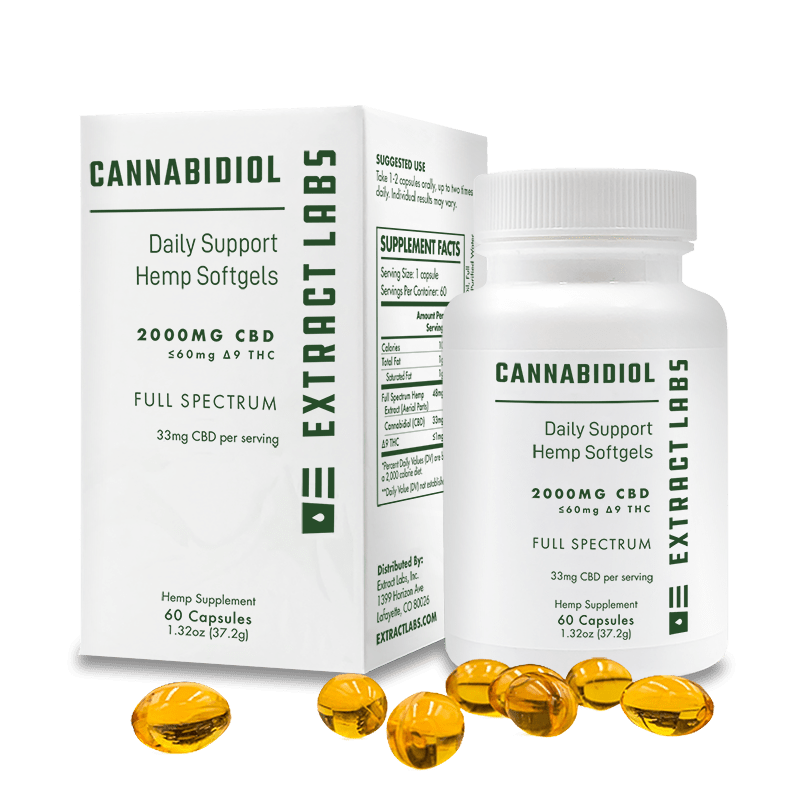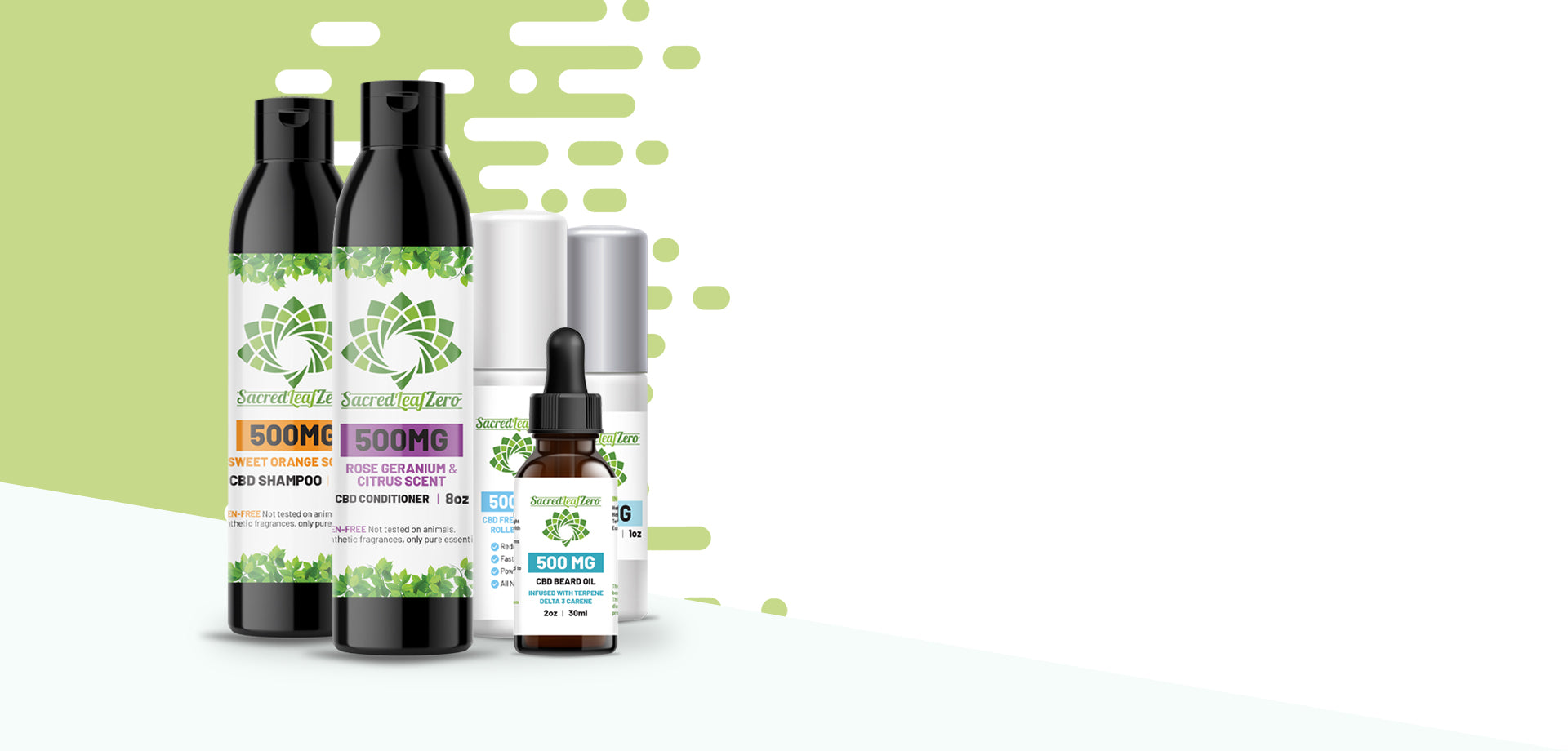
California has a vibrant cannabis industry and can provide high-quality CBD oils for marijuana lovers. Online purchasing CBD oil has many advantages. Online vendors are more likely offer fair prices for their products. It's easy to find reviews for different brands and determine which one is right for you. However, you should choose a product that is laboratory tested to ensure that it is safe and effective.
Many shops sell CBD oil made from hemp. You should know that hemp-based CBD oil is legal in California. The lab report and certificate of analysis should be provided by the company that you are buying from. This is a sign that the manufacturer cares about customers and the quality their products.
You can buy CBD oil online and get the best quality products. California residents may also be able get hemp-based CBD products there. You won't have the option to purchase CBD oil from your local retailer if you order online.

In addition to hemp-based CBD oil, you can also buy other types of cannabis-derived products. You can use them as oils or edibles in salad dressings, gummies, or sublingually. They can also serve as infusions and vape pen refills.
The legality of marijuana-derived CBD in the United States is forty-seven. However, CBD's federal definition is more restrictive. For example, you need to get a lab test done to verify that CBD in your product does not exceed 0.3% THC.
Also, look for products that have a Certificate of Analysis (COA). This indicates that the manufacturer cares deeply about the quality of their product and how it is received by the consumer. It is important to ensure that the barcode can be scanned and verified that the product you are purchasing is authentic. You should also be cautious about CBD oil that has not been labeled correctly and may contain other cannabinoids.
Although the federal government has not ruled on whether or not cannabis-derived CBD is legally a food additive or a dietary supplement, in California, CBD oil that has a THC concentration of less than 0.3% is considered to be a food. You can purchase CBD oil online if you don't want to be misled by companies that sell CBD oil. You can read customer reviews to find out if a brand is authentic. Also, make sure to check the COA or barcode.

You should also verify the ingredients before purchasing a CBD product. Many manufacturers offer a satisfaction program that allows you to take advantage of this warranty. It is important to ensure that industrial hemp is used in the products you buy.
FAQ
How can CBD products be promoted in a legal manner by CBD companies?
The FDA does no regulate hemp as a crop commodity. The Controlled Substances Act regulates all cannabis derivatives, including marijuana. To date, there are no specific regulations for CBD.
CBD is legal at the state level in 29 states, but federal law still considers it illegal. This uncertainty creates uncertainty for CBD product sellers.
The FDA has strict guidelines regarding how CBD products can be promoted. For example, they must clearly disclose any product's THC content. Without scientific evidence supporting this claim, CBD cannot be used to treat certain medical conditions.
In addition, the FDA requires manufacturers to submit detailed information regarding manufacturing practices and quality control measures. To prove safety and effectiveness, they require that companies conduct clinical trials.
These are important considerations for companies when creating their marketing strategies.
Which countries produce CBD with the highest quality?
The United States produces most CBD products.
Canada, Australia New Zealand, Israel, and New Zealand all produce high-quality CBD products.
What does CBD's price vary in different states?
Prices for CBD products depend on where you are located. The prices of CBD products can vary more than tenfold depending on where they are located.
The general rule of thumb is that prices rise the farther north you travel. CBD can be found in Alaska at $35 per kilogram, and Hawaii at $200 per grams.
This trend continues throughout the country. Prices range from $5 up to over $2,500 for a gram.
Why is this happening?
Price variations are due to the different levels of regulation. Some states require CBD products that contain very little THC, the psychoactive component of cannabis. Other states don't care what level of THC is present.
Because of this, some companies choose to sell their products in one state and then ship them to another state.
How much CBD should I use?
Dosing depends on what type of product you're buying.
The majority of CBD oils are available in strengths between 100mg and 1,000mg per bottle.
Some CBD products can be made in specific amounts by certain companies, such as 25mg or 50mg.
For example, the company Charlotte's Web makes CBD products with precise amounts of CBD and other cannabinoids.
Begin with a low dose if you're not sure whether CBD will work.
You can always climb higher.
Is the CBD market saturated?
CBD is growing at a rate of more than 25% per year. This growth is expected not to stop for at least five more years. In fact, the industry is projected to grow from $2 billion today to $5 billion by 2020.
Two companies dominate the CBD market: GW Pharmaceuticals (Canndoc Ltd) and Canndoc Ltd. Both companies have a focus on creating pharmaceutical-grade products. They have not been very effective so far. Both are struggling to get traction on market.
Cannabidiol is an extract of cannabis with less than 0.3% CBD. It does not produce any psychoactive effects. It is used for treating epilepsy and other medical conditions. It is also used frequently as a dietary addition.
There are many different types of CBD products available. Some CBD products can be made with whole plant extracts and others, such as CBD.
All of these products share one thing: They contain low levels THC.
They are thus legal under US federal legislation. This doesn't mean you shouldn't follow local laws when selling CBD-related products. It is important to check the regulations in your state for CBD products.
There are also several states that CBD products are prohibited. These include California, Colorado, Florida, Mississippi, Missouri, New York, North Carolina, Ohio, Oklahoma, Oregon, Pennsylvania, Rhode Island, South Dakota, Texas, Utah, Virginia, Washington, and Wisconsin.
You will want to stay clear of CBD products if you are from one of these states.
Which states use the most CBD?
California, Colorado, Oregon are the three most populous states. These states have large populations and high incomes with low unemployment. They also have higher concentrations of hemp farms than other states.
California leads the way because its economy is heavily based on agriculture. It produces most of the nation's vegetables and fruits. This makes sense because cannabis is extracted from the same plants as hemp.
Oregon and Colorado closely follow because both countries produce marijuana for medicinal purposes. California is the only state that allows recreational marijuana use, but these two states are not.
Other states that rank high include Washington, New York. Florida, Illinois. Pennsylvania. Mississippi.
What's the future for the CBD industry?
The future for CBD is bright. It's clear to see why so many people have jumped on this industry. It's easy to see why this market is growing exponentially, with CBD products generating over $1 billion in global sales.
Statista predicts that global sales of cannabidiol in 2019 will reach $22.4 million. This represents a nearly 200% increase over 2018!
It is also expected that the CBD market will grow at a compound annual growth of 22.5%. That would translate to approximately $6.8 million in revenue by 2020.
This is good news for both companies that want to enter the CBD market and those who are already in this sector. But, it is important to remember that the CBD industry is still in its infancy. There will be many challenges.
Statistics
- CBD seems unlikely to directly influence sleep in healthy humans [115] (and maybe “sleep-promoting” in those with certain comorbid conditions) (ncbi.nlm.nih.gov)
- however, one study also found that these effects were virtually abolished when the original media (a nutrient broth agar) was replaced with one containing 5% blood (increasing the minimum concentration to ~160 μM CBD) [179]. (ncbi.nlm.nih.gov)
- HR −16 mmHg; 95% CI −26, −6; I2 = 92%) (ncbi.nlm.nih.gov)
- OralWhere HED is the human equivalent dose, and Km is a correction factor estimated by dividing the average body mass (BM) of the species (60, 0.020, and 0.150 kg for 11 humans, mice, and rats, respectively) and by its surface area (see: Nair et al. (ncbi.nlm.nih.gov)
- The inhibition of FAAH is predicted to lead to an increase in brain and plasma concentrations of AEA, which acts as a partial agonist at CB1R and CB2R, thereby increasing endocannabinoid tone [92, 110]. (ncbi.nlm.nih.gov)
External Links
How To
How To Get Certified For Selling CBD Products
CBD (cannabidiol), one of the many cannabinoids found inside cannabis plants, is one. It has been used medicinally throughout history. This includes in South America, China, India and China. Because it can treat conditions such as anxiety, pain, epilepsy and inflammation, CBD has seen a rise in popularity over the years. If you're looking to sell CBD products, however, there isn't an official certification program. At least not in the U.S.
There are two methods to do this. The first option is to join a canna business association. You can get support and advice from other members while learning from them. There are currently numerous associations all over the country. You can also go online and start your own business. Online canna-businesses are now allowed in most states. If so, then you can set up your own website and begin taking orders right away. However, you will still need to register at your state's Department of Public Health. After you have registered, you can apply for a license from your state's Department of Public Health. Once you have your license, it is legal to open your shop and accept orders.